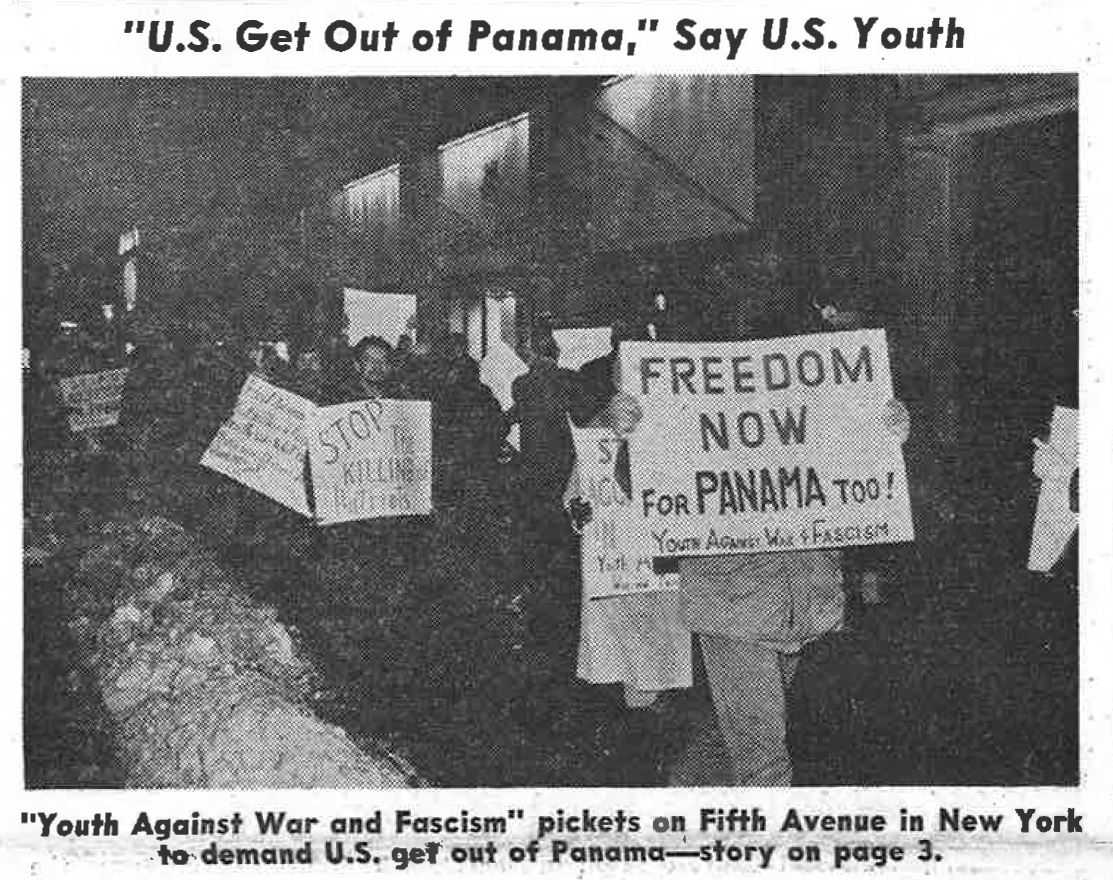Jan. 9 was a victorious popular revolution (although it took a long time to materialize) that left us with the decolonization of the Canal Zone, the disappearance of the military bases and the transfer of the administration of the canal to Panamá. Its effects still reach us today, as the economic bonanza that we are experiencing has its main foundation in the reversion of the canal and the increase of its contributions to the national economy, even though the criteria being used to distribute its benefits are questionable.
On the other hand, on Dec. 20, 1989, Yankee [neo]imperialism was able to impose on us the neoliberal economic régime that had failed under [former President Ardito] Barletta, disguising it as “democratic.” The invasion allowed U.S. [neo]imperialism to reimpose the controlled and oligarchic régime of pre-1968; they even managed the possibility of the permanence of military bases disguised as a fight against drugs [Multilateral Anti-drugs Center or CMA of former President Ernesto] Perez Balladares, but they failed in the face of popular mobilization. Although, later, they imposed more subtle security agreements.
The invasion also made it possible to partly reverse the triumph of Jan. 9, 1964, with a Constitutional Title and an Organic Law that turned the Panamá Canal Authority (ACP) into an entity controlled by the oligarchy that did not fight for sovereignty (the new Zonians [U.S. citizens residing in the Canal Zone]) and from which the people remained excluded, until now.
Overcoming the negative effects of the invasion so that the Panamanian people can receive a greater share of the benefits generated by the canal will require the structuring of a great anti-imperialist, anti-neoliberal, democratic and popular movement that will assume political power to remove the sell out oligarchy from power.

